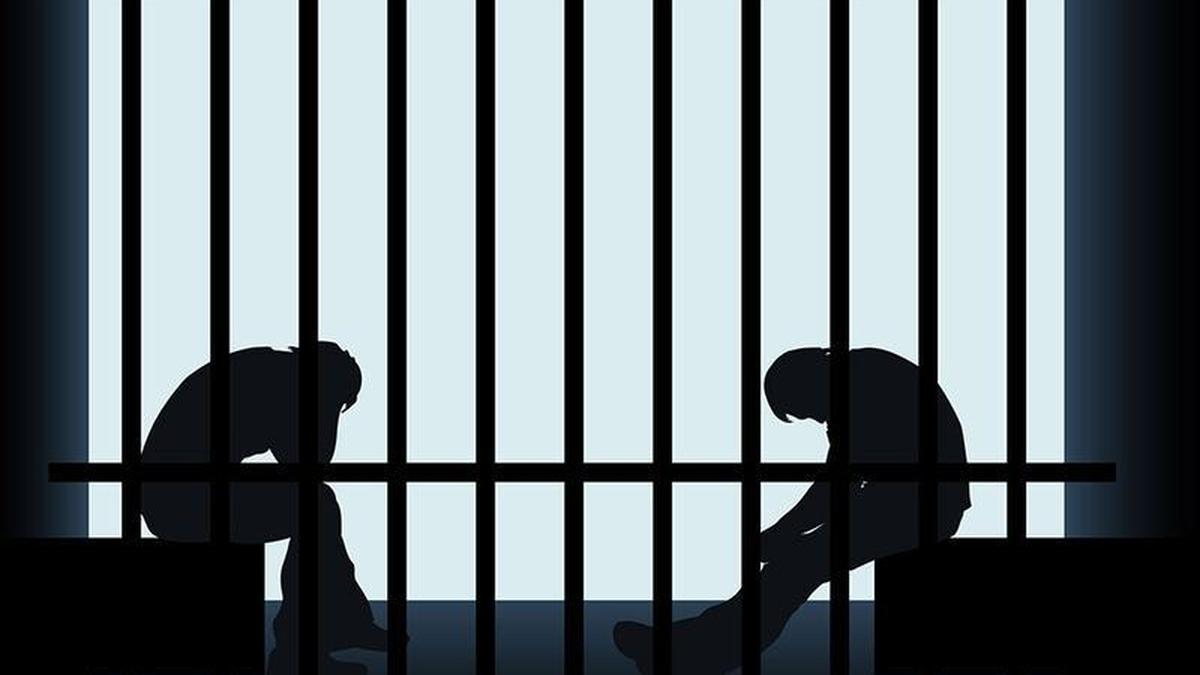Reassessment of Conjugal Visits in Delhi Prisons

- 30 Dec 2024
In News:
- The Delhi government is reassessing the proposal to permit conjugal visits for prisoners, following the suspension of a similar initiative in Punjab.
- Delhi Chief Minister has sought further input from the Law Department and explored if similar schemes are implemented in other states.
Conjugal Visits - Definition & Context:
- Conjugal visits involve allowing prisoners to spend private time with their legal partners or spouses, including intimate relations, within prison premises.
- No national policy exists in India for conjugal rights of prisoners, leading to varied implementations across states.
Punjab’s Pilot Project - ‘Parivar Mulakat’:
- Ludhiana Central Jail introduced the 'Parivar Mulakat' programme in September 2022, allowing face-to-face meetings with family in designated rooms.
- The initiative was suspended shortly after its launch due to security concerns, particularly difficulty in conducting thorough body checks on visitors.
Challenges in Delhi:
- Overcrowded prisons in Delhi make it challenging to manage the logistical demands of conjugal visits, especially with up to 1,200 daily visitations.
- The Home Department has received proposals but no progress has been made over the past year.
Legal Precedents on Conjugal Rights:
- Punjab and Haryana High Court (2014) ruled that prisoners have a right to conjugal visits to facilitate procreation.
- Madras High Court (2018) allowed a life convict on parole for conjugal relations, and in 2023, a judge called for similar considerations for Tamil Nadu.
Human Rights Argument:
- Advocates argue that denying conjugal visits to prisoners violates basic human rights of both prisoners and their spouses, particularly those aged 21-50, who are often in sexually active years.
- Amit Sahni, a social activist, filed a PIL highlighting that most prisoners in Delhi are denied conjugal rights despite their eligibility.
Government’s Position:
- Delhi DG (Prisons) had argued that temporary leave such as parole and furlough serve the purpose of family ties, questioning the need for conjugal visits within prison.
Need for Legal Framework:
- Legal experts suggest the creation of a law and policy framework to regulate conjugal visits, ensuring clear guidelines for their implementation.
- S.D. Singh, a Supreme Court advocate, emphasized that conjugal visits should be legally recognized as a right, requiring formal legislation for consistent implementation.
Future Considerations:
- The Delhi government’s reassessment may lead to a policy that considers both human rights and security concerns in its decision on conjugal visits.
